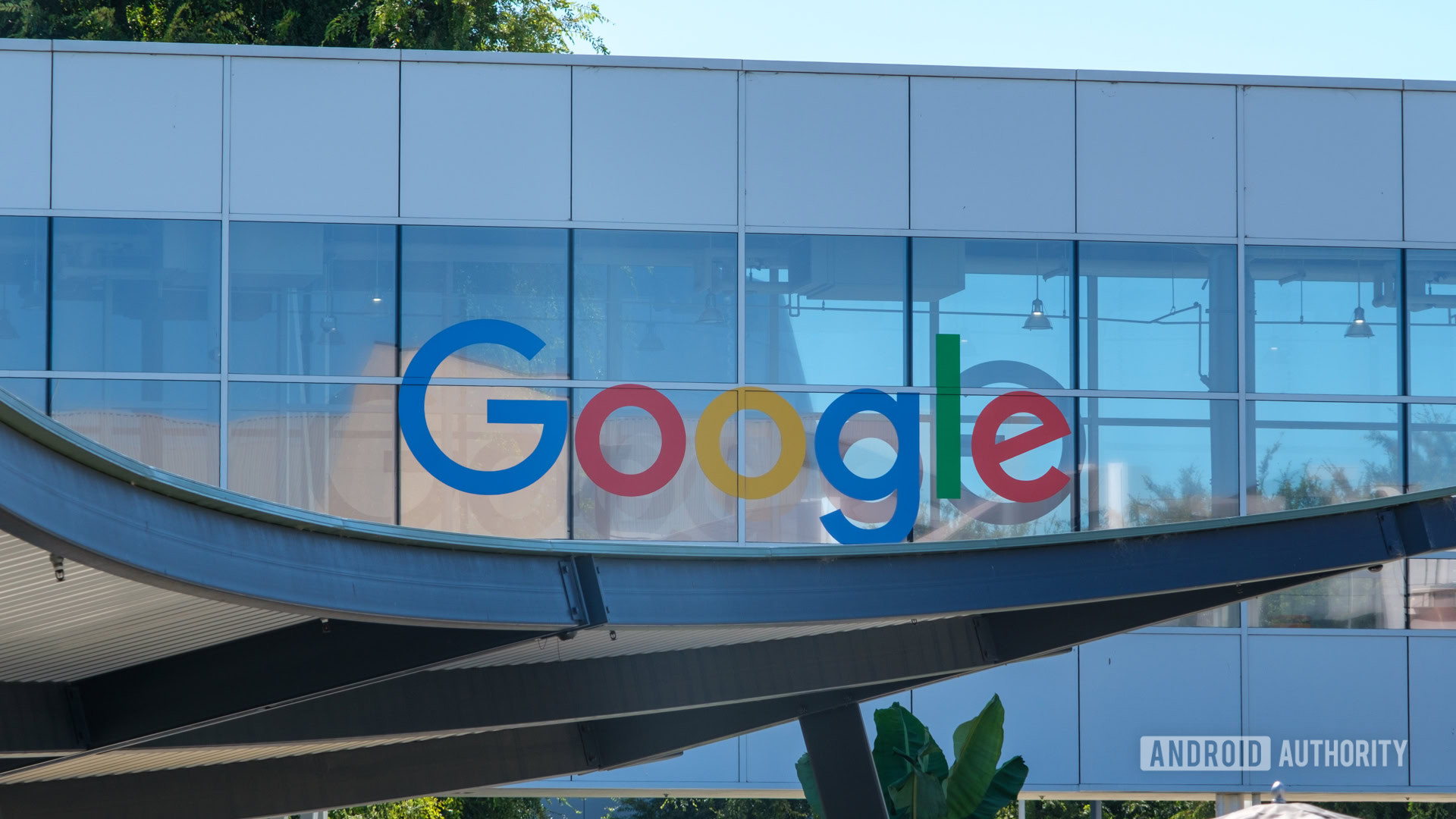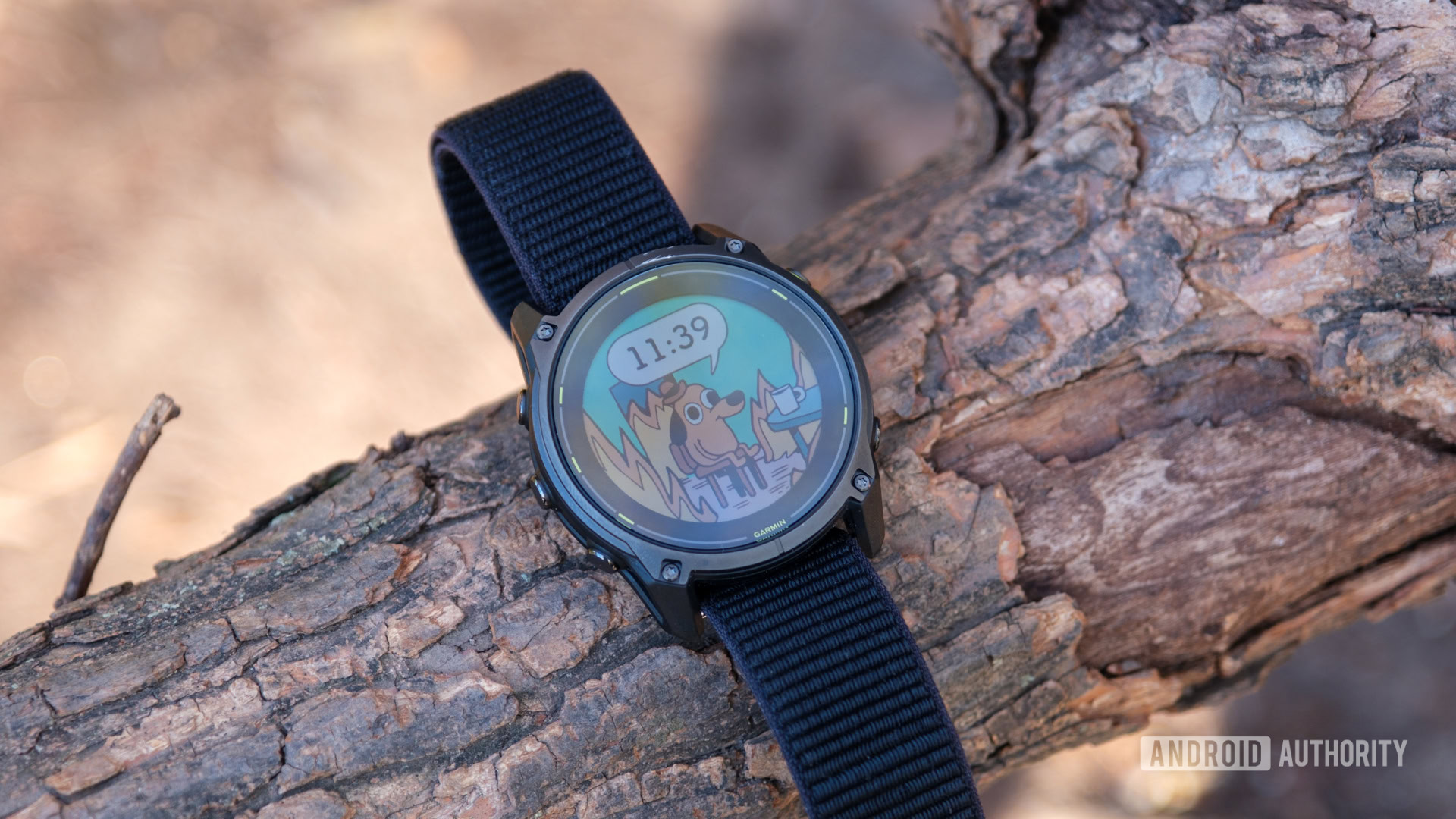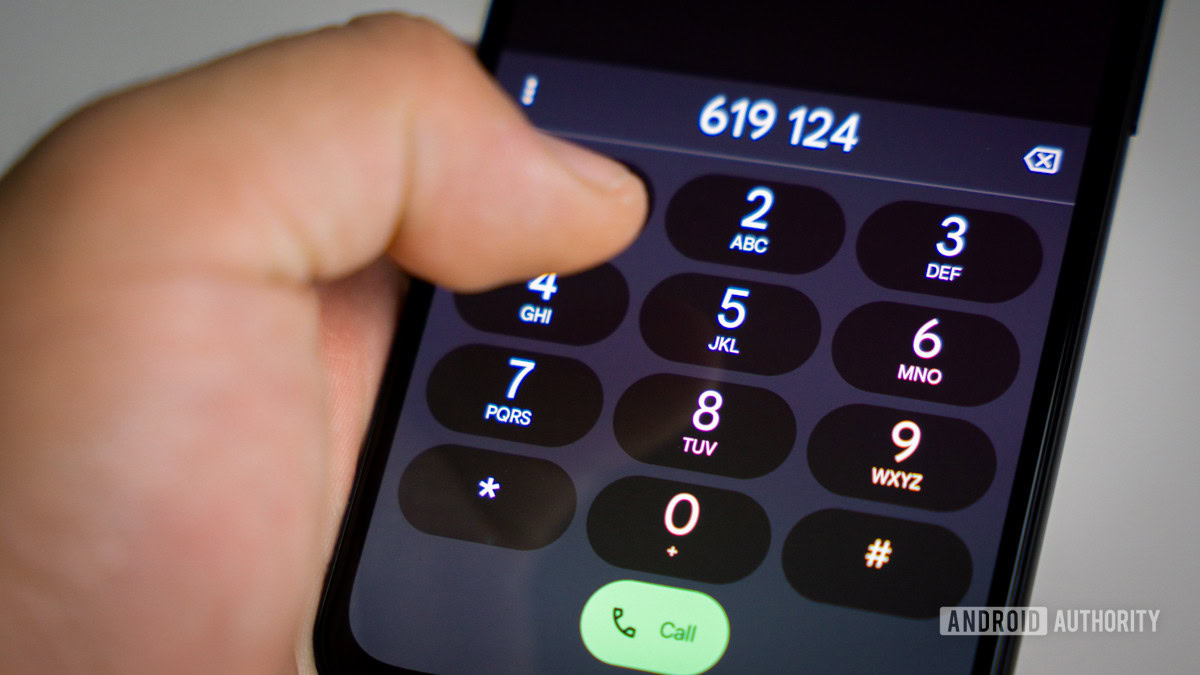
Ryan Haines / Android Authority
- Google is rolling out a foundation AI model called “HeAR” that researchers can use to flag early signs of disease with acoustic data.
- An India-based respiratory healthcare company is using HeAR to improve the capabilities of its own bioacoustic AI models.
- One way HeAR is being used is to find early signs of tuberculous.
While Google often touts the creativity and productivity merits of its generative AI, this technology isn’t limited to summarizing long articles or creating images. The Mountain View-based firm has also been working on ways to use generative AI for healthcare purposes. In particular, the company has now rolled out a bioacoustic foundation model to help with detecting early signs of disease.
Last week, Google announced that its “HeAR” bioacoustic foundation model is now available to researchers. Short for Health Acoustic Representations, Google says HeAR is a tool that researchers can use to build AI models that can “listen to human sounds and flag early signs of disease.”
The tech giant states that HeAR has been trained on 300 million pieces of audio data, with roughly 100 million of those pieces of data being cough sounds. Using this data, the AI has learned to discern patterns within health-related sounds. Google claims that HeAR performs better than other models on a wide range of tasks with less training data.
What makes all of this interesting is the fact that this AI can fit into an app on a phone. This means if you have a phone, you can get access to health screenings. Not only could this open up screening test accessibility to those in remote areas, but it also means reduced costs as only your device’s microphone is necessary instead of expensive X-ray machines and diagnostic hardware.
Google also announced that it has partnered with Salcit Technologies — an India-based respiratory healthcare company. Salcit has its own bioacoustic AI model, called Swaasa, that it uses to analyze cough sounds and assess lung health. The healthcare company is reportedly using HeAR to improve Swaasa’s early detection of tuberculous based on cough sounds.
Of course, with any new technology, there are going to be hurdles to overcome. One of HeAR’s hurdles will be to convince health professionals to adopt the technology. However, Google is already making ground on that as organizations, like the United Nations’s StopTB Partnership, have begun supporting HeAR.
Got a tip? Talk to us! Email our staff at [email protected]. You can stay anonymous or get credit for the info, it's your choice.







 English (US) ·
English (US) ·